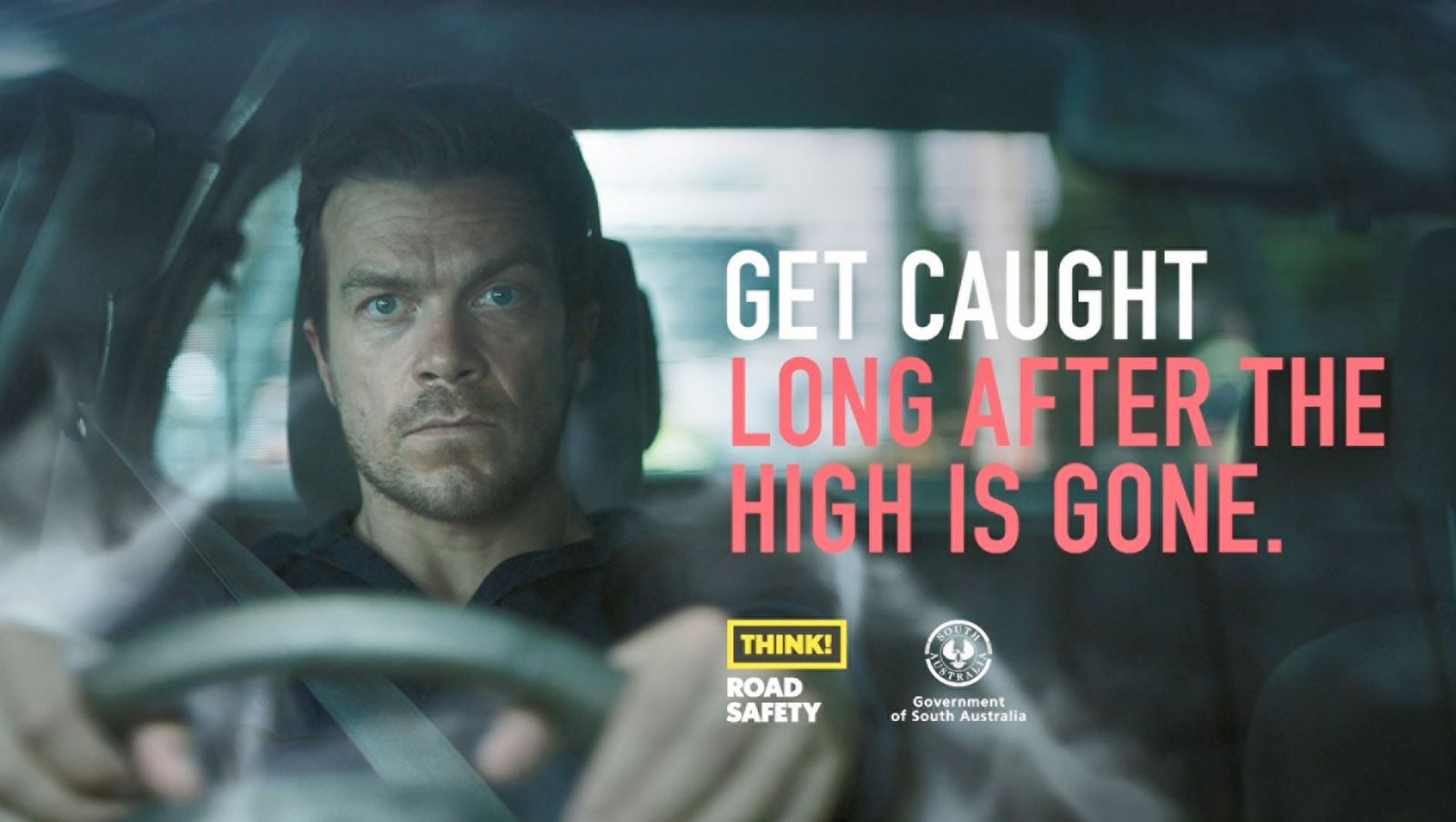
Recent South Australian and Victorian police advertisements boasting that a cannabis-using driver can get caught by the police “long after the high is gone” are based on phony science, says the car review website dogandlemon.com.
The South Australian version of the advertisement involves a young man who is charged by traffic police for a cannabis-presence driving offence while on his way to work after having smoked marijuana the night before.
At a recent press conference held in Adelaide to launch the advertisement, Superintendent Bob Gray, Officer in Charge, Traffic Services Branch, told reporters:
“…drugs remain in your system well after being consumed and continue to impair your ability to operate a motor vehicle.”
Dogandlemon.com editor Clive Matthew-Wilson, whose road safety research was awarded by the Australian Police Journal, says Superintendent Gray is either mistaken or deliberately misrepresenting the facts.
“If Superintendent Bob Gray was referring to cannabis, he is simply wrong in suggesting that cannabis can still affect driving the day after it was used.”
“Multiple studies have shown that impairment from the use of cannabis lasts for a maximum of seven hours[i]. So, in the scenario depicted in the advertisement, where the young man used marijuana on the night before he was drug-tested, he would have been totally unimpaired when he was busted. So, the police adverts are much the same as the police boasting that they can bust a sober driver for going to the pub the night before.”
Matthew-Wilson adds that cannabis tests are notoriously inaccurate.
“Roadside tests can show the presence of cannabis, but these tests cannot reliability say a person was affected significantly, even if the recorded drug concentration is very high. That’s quite different to tests for alcohol, which can reliably say a person was drunk and that their driving would have been affected.”
“In fact, the driver who gets busted in a police roadside test may not have willingly consumed cannabis at all. He or she may merely have been sitting in a room where cannabis was smoked. That would be like the police busting a person for drink driving after that person spent the night sitting in a pub drinking lemonade.”
“I appreciate that the police are concerned at the number of accidents involving drugs and alcohol. However, it’s irresponsible for the police to misrepresent facts in order to justify their campaigns.”
• Clive Matthew-Wilson has been actively campaigning on road safety and consumer issues for 25 years. Mentored by engineer Chris Coxon (former technical chair and founding member of the Australian New Car Assessment Program – ANCAP), Matthew-Wilson’s research into seatbelt upgrades was awarded by the Australian Police Journal.
• Michael White has a Doctorate in Psychology from the University of Adelaide. He has had a long interest in the effects of drugs on driving. From 1998 to 2000, as a South Australian public servant, he was a member of the Austroads Drug Driving Working Group. This group provided advice to both National and State Governments on the advisability of introducing random roadside drug testing. He is the co-author of three peer-reviewed journal articles on drug-driving. With his colleague Professor Nick Burns, Dr White is systematically reviewing global research on both cannabis impairment and its effects on road safety.
[i] [i] McCartney, D., Arkell, T. R., Irwin, C., & McGregor, I. S. (2021). Determining the magnitude and duration of acute delta-9-tetrahydrocannabinol-induced driving and cognitive impairment: A systematic and meta-analytic review. Neuroscience and Biobehavioral Reviews, in press.
